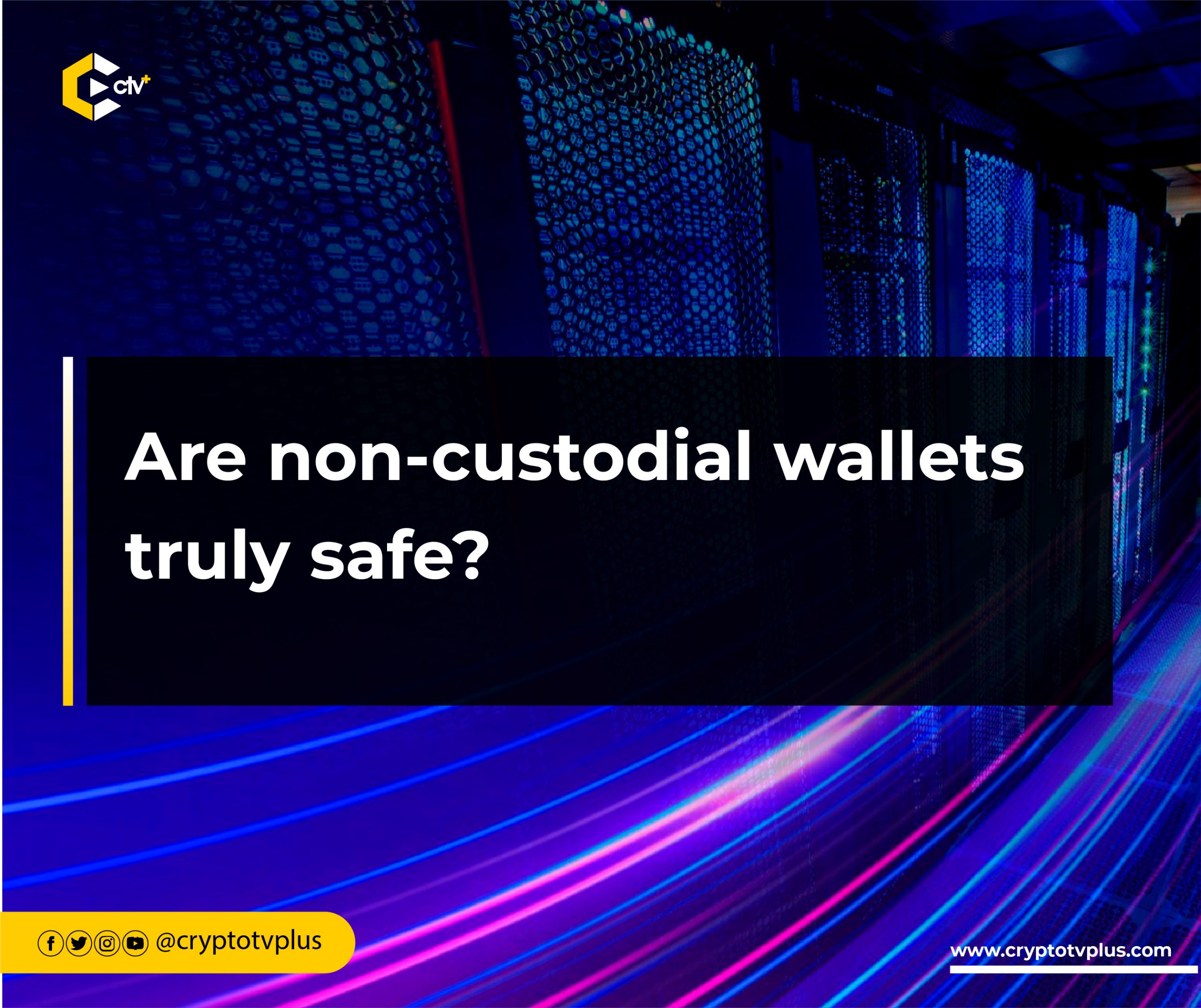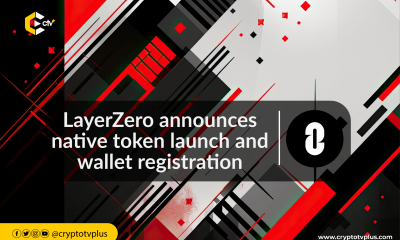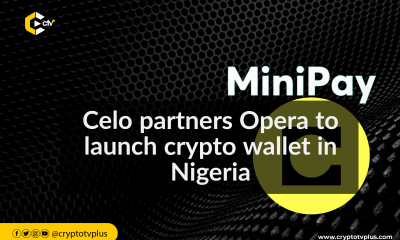FEATURED
Are non-custodial wallets truly safe?

The collapse of several centralized platforms such as Celsius and FTX have sent negative sentiments about centralized platforms. Even though a platform such as Binance still holds the largest asset in a single system, questions are arising on the better way to secure one’s crypto assets. Do we use a custodial or non-custodial system?
According to Hackenhacker.eth, a Web3 researcher and analyst, there is not enough reason to trust the “your key is equal to your money” emphasis made by crypto firms that have released records of their Proof of Reserves. The rush on Proof of Reserves started after FTX collapsed to display trust and transparency by crypto firms.
If the statement is trying to make users think about non-custodial ways of securing their assets, the researcher said that users should not swallow the pill. There are two types of wallets used in the crypto space – custodial (where assets are held by an exchange) and non-custodial (assets are held by users).
Non-custodial Slope wallet dilemma
The researcher, in a bid to educate users on the nuances of using non-custodial, narrated how in August, the Slope wallet team tampered with the private keys generated by users.
He said that the incident in August 2022, involved the transmission of users’ private keys by the application behind Slope wallet to a third-party monitoring system.
Reports on the attack showed that more than $4.1 million was stolen from users’ wallets because of the passwords leak. “On-chain transactions show that private keys for the affected wallets had been leaked or compromised and were used to sign malicious transactions,” Solana, the blockchain on which Slope wallet is built, affirmed about the attack.
Near wallet attack
Hackenhacker.eth gave another example of the uncertainty of non-custodial instruments with the Near wallet attack in June 2022. According to him, the bug in the Near wallet system revealed sensitive details about users after allowing them to create several recovery options, which could include emails and phone numbers.
The Near team, in response to the attack at the time of the incident, explained that they no longer allow users to use email or SMS for account recovery. They added that “users who have used email or SMS recovery options in the past rotate their keys.”
Non-custodial wallets need audits
With all explanations and connection to these past events, Hackenhacker.eth is calling on crypto users to be careful with the use of non-custodial wallets as “many non-custodial wallets use third-party instruments for different purposes.”
He also stressed the importance of carefulness, especially when it seems that non-custodial wallets are the safest, bearing in mind the FTX collapse and release of proof of Reserves as well as recommendations by crypto firms.
He added that “non-custodial wallets also require infrastructure audits to prevent any possible breaches and other vulnerabilities.”
Read also;
Why universal wallet is the future of digital identity
Top 5 NFT Wallets to Store Your Collectibles

























2 Comments